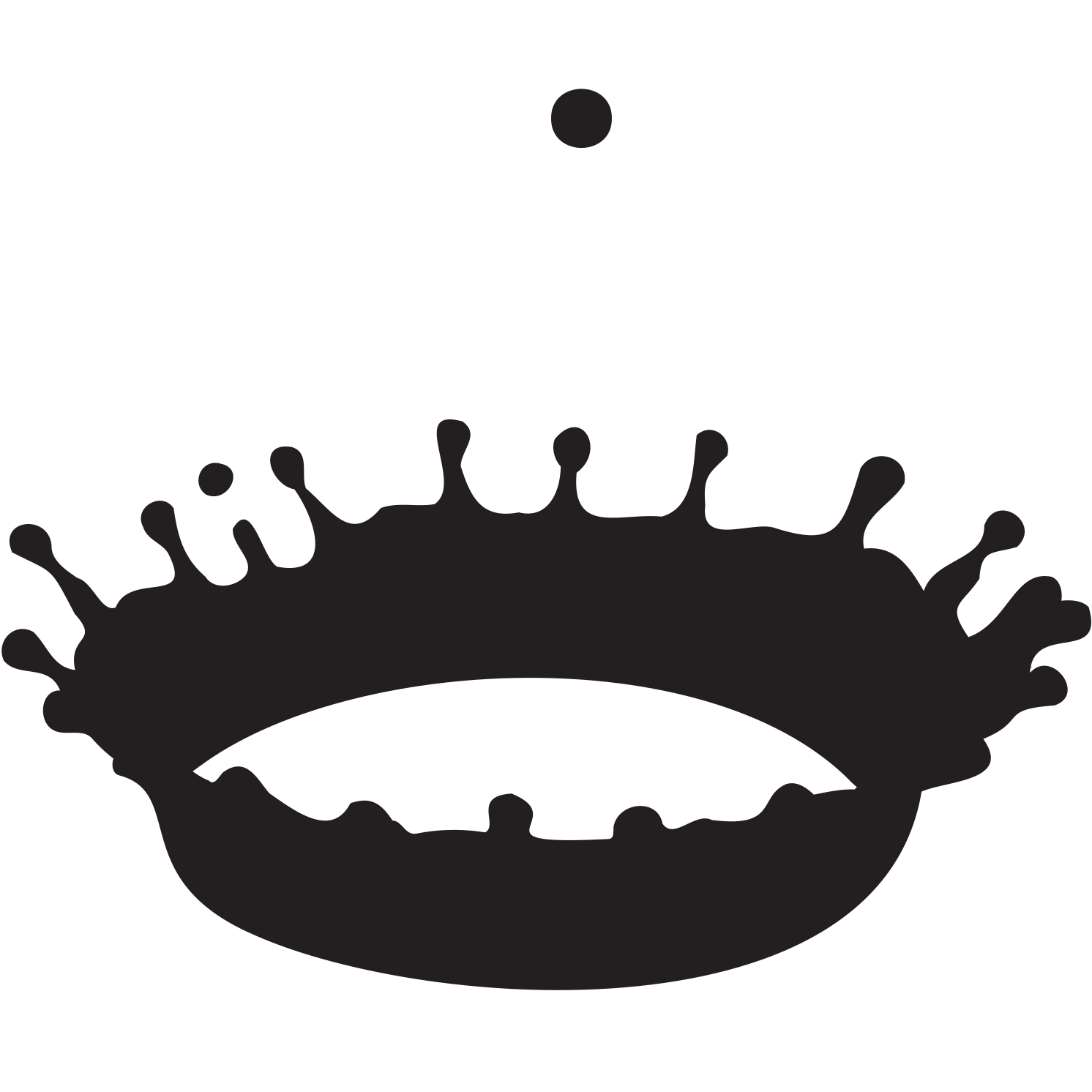Provides an overview of pedagogical theories and core teaching skills that allow students to craft their own K-12 curriculum using the design process. Working in groups and collaborating with an international partner, students use the design process to create a final project for a specific audience that emphasizes hands-on, inclusive, project-based learning. Suitable for students with varying levels of teaching experience. Local fieldwork and K-12 classroom visits are required throughout the semester and international fieldwork may be available to students in the summer.
Provides an overview of pedagogical theories and core teaching skills that allow students to craft their own K-12 curriculum using the design process. Working in groups and collaborating with an international partner, students use the design process to create a final project for a specific audience that emphasizes hands-on, inclusive, project-based learning. Suitable for students with varying levels of teaching experience. Local fieldwork and K-12 classroom visits are required throughout the semester and international fieldwork may be available to students in the summer.
Focuses on disseminating Water, Sanitation and Hygiene (WASH) or water/environment innovations in developing countries and underserved communities worldwide. Structured around field-based learning, case studies, lectures and videos in which teams propose an idea and are mentored through the process of bringing that innovation to fruition.
Provides an overview of thermodynamics and heat transfer through an international development context to impart energy literacy and common sense applications. Students survey various alternative energy technologies and strategies for implementation in developing countries. Focuses on compact, robust, low-cost systems for generating electrical power and meeting household-level needs. Labs reinforce lecture material through deconstruction, system assembly, and sensor installation to track performance.
Provides an overview of thermodynamics and heat transfer through an international development context to impart energy literacy and common sense applications. Students survey various alternative energy technologies and strategies for implementation in developing countries. Focuses on compact, robust, low-cost systems for generating electrical power and meeting household-level needs. Labs reinforce lecture material through deconstruction, system assembly, and sensor installation to track performance.
Seminar participants define and study the development stages of new enterprises at MIT, from the exciting moment a new idea for a tech product or service is realized, through to selling, customer support, and the next new idea. Follows the history of successful MIT spin-off companies with attention to the people (and their ideas) behind the start-up. Students attend MIT technology and science start-up case presentations given by individuals and teams working from zero-stage, and by partners in going concerns of historical relevance to the Institute and the economy.
Undergraduate research opportunities in the Edgerton Center. Throughout the year, the Edgerton Center sponsors a variety of UROP positions ranging from electronics and design projects to teaching 4th to 8th graders.
Undergraduate research opportunities in the Edgerton Center. Throughout the year, the Edgerton Center sponsors a variety of UROP positions ranging from electronics and design projects to teaching 4th to 8th graders. (P/D/F)
An opportunity for undergraduates to participate in teaching and tutoring Center subjects and seminars. Students develop one-on-one teaching skills under the supervision of an Edgerton Center instructor.
An opportunity for undergraduates to participate in teaching and tutoring Center subjects and seminars. Students develop one-on-one teaching skills under the supervision of an Edgerton Center instructor.





